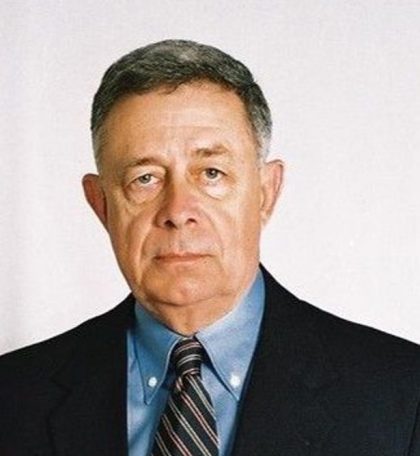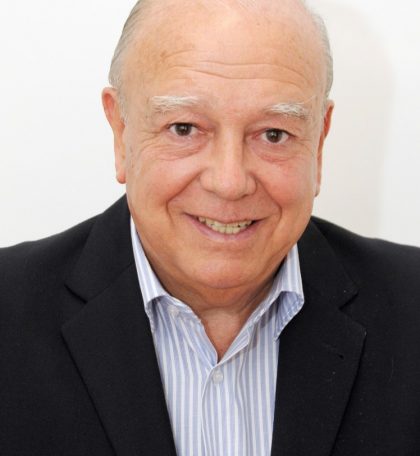Regional bioeconomy as a key driver to build up resilient economies - Lessons learned from Latin America and the Caribbean
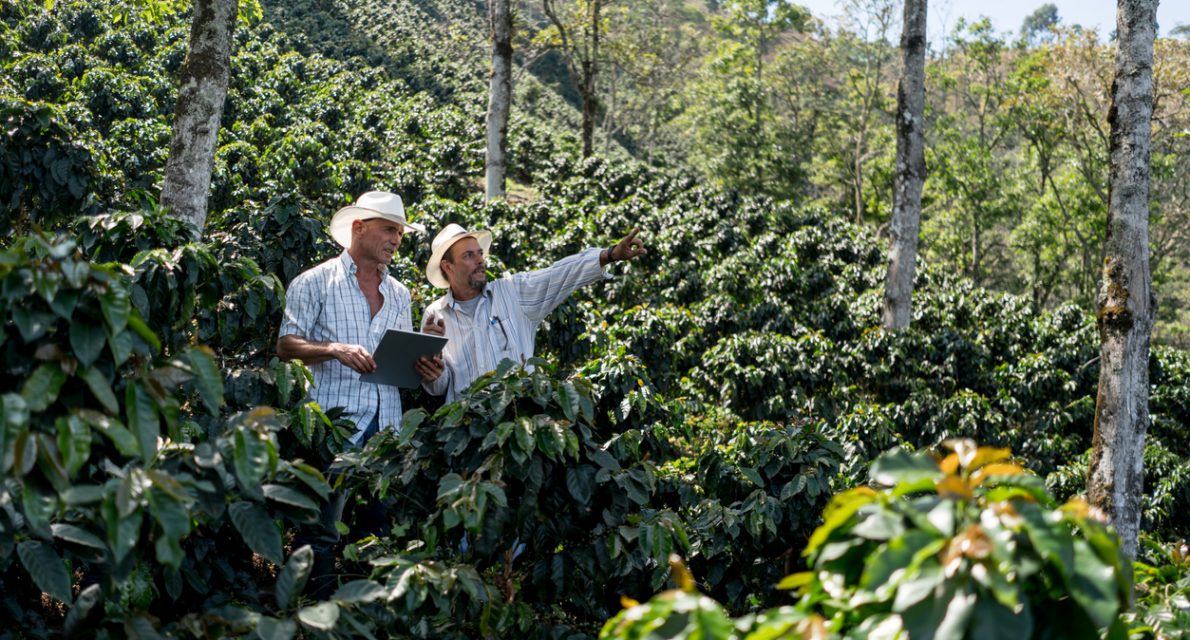
Timing: November 17, 4-6:30 p.m. (CET)
Contents
Organizers
Inter-American Institute for Cooperation on Agriculture (IICA)
Group of Producing Countries from the Southern Cone
Chairs
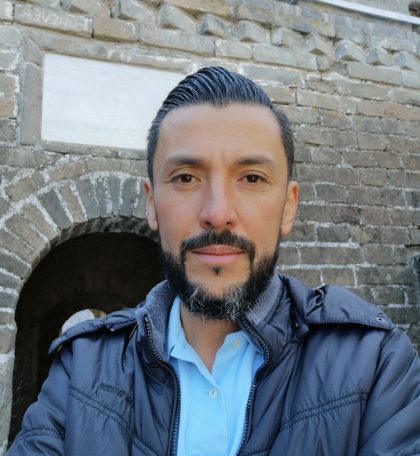
Hugo Chavarría
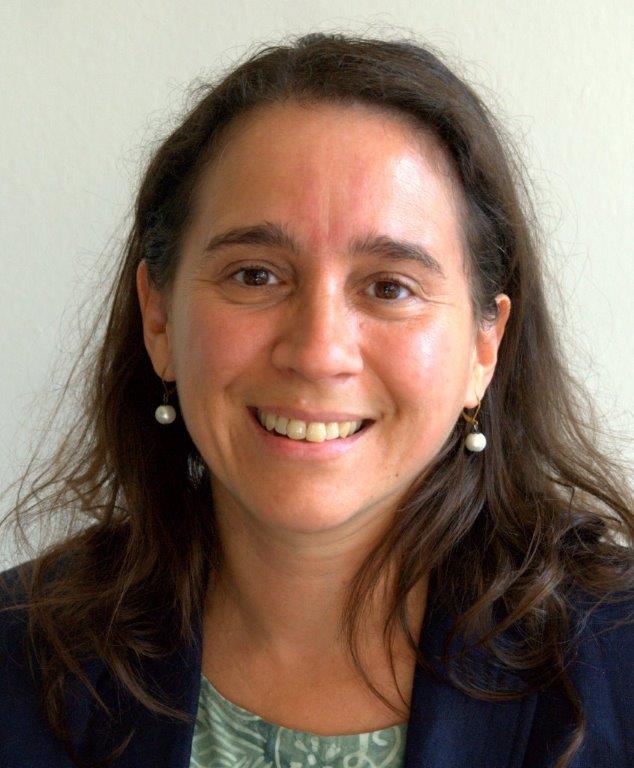
Moderator: Gabriela Quiroga Gilardoni
International Specialist, Bioeconomy and Productive Development Program (IICA)
Thematic focus
The Bioeconomy is becoming a prominent field of action of development strategies in Latin-American and the Caribbean region, striving for increasing value creation from their bio-based resources by applying Bioeconomy principles and approaches. The objective of this workshop is to offer a platform for discussing experiences from a structurally- weak region in transitioning towards a knowledge-based Bioeconomy.
The workshop contributes to provide background and lessons for understanding and proposing the Bioeconomy as a promising field for innovative change and a new economic development path creation, by contrasting existing experiences in regions with different resource endowments, but common challenges, such as those related to the revitalization of rural areas.
Key topics of the workshop are:
a) identification of enabling factors for a transition towards a Bioeconomy in Latin-American and the Caribbean region
b) analysis of the policies, strategies and businesses of the bioeconomy that have advanced in the region, and
c) identification of policy options and market supports to promote the bioeconomy as a sustainable development strategy for the region.
Among the expected outcomes of the workshop is also the formation of new networks of scientists, policy makers and entrepreneurs, and a better understanding of the main drivers and barriers to the transition to Bioeconomy in a structurally weak region. Based on the results of the workshop, a brief including the main conclusions will be prepared by the organizers.
Format
The workshop will be divided into three segments, starting with a general discussion of the main background and fundamentals of LAC approaches to the development of the bioeconomy, which will frame the workshop’s discussion. Then there will be short presentations on actual experiences already underway in the region; and the final session will focus on the identification of priority issues and remaining bottlenecks for future work, including regional cooperation opportunities.
At the end of each segment, the moderator (Gabriela Quiroga, IICA) will ask motivating questions that the audience will answer using an electronic whiteboard; the answers to these questions will serve to guide the discussion in the last section (The pending agenda). A schematic description of the agenda follows.
Agenda
All times refer to CET. Current time:
16:00 – 16:15: Introduction: What the bioeconomy has to offer for sustainable development of LAC?
The bioeconomy as a vision for sustainable development for LAC, with emphasis on how development pathways would differ depending on the characteristics of available resources (natural, institutional, infrastructural …), and the specific potential of the bioeconomy for rural areas in different regions
Eduardo Trigo, IICA
16:15 – 16:20: Q&A
16:20 -17:30: Experiences underway
What has been the progress of the region in terms of bioeconomy strategies, initiatives and businesses? What is important to highlight to show progress and potential?
- Policies (30 min):
Federico Torres, MICIIT-CR
Carolina Balian, MGAP-Uy
Arturo Luna, Minciencias-Col - Break (7 min) Video of IICA (Official Partner of GBS2020)
- Businesses (30 min)
Ramiro Costa, Bolsa de Cereales-ArGonçalo Pereira, University of Campinas-Br
Daniella Sardi-Blum, Fedepalma-Col
- Policies (30 min):
17:30 – 17:35: Q&A
17:50 – 18:00: Presentation of the results of the virtual questions
Marcelo Regunaga
18:00 – 18:30: Regional Expert Panel – The pending agenda
Panel of experts, discussing the answers of the participants to the 4/5 questions asked by the facilitator, which would be systematized on the virtual whiteboard.
Facilitator:
Marcelo Regunaga, GPS
Panel:
Guy Henry, CIRAD
Carlos G. Cano, Former Minister of Agriculture of Colombia
Bernardo Silva, Thinkbrasil

